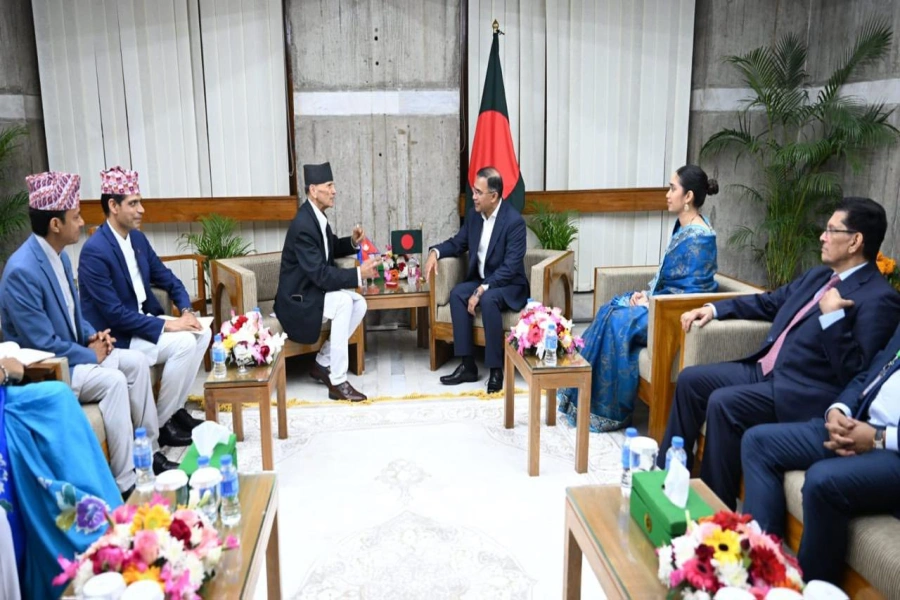Melamchi project
Come to think of it. A Chinese development company built a 57-storey tower in just 19 days in Changsha, Hunan Province in southern China in 2015. Gotthard Base Tunnel of Switzerland—the world’s longest and deepest rail tunnel that cut through the mountains in Switzerland—opened in 2016 moving rail cars of passengers and freight between Zurich, Switzerland, and Milan, Italy. The longest project was completed within the matter of around 20 years. South-to-North Water Diversion Project of China, the largest canal project of the world, which started in 2003, was completed in 2014—in 11 years. It began transferring water to China’s arid northern regions, including Beijing. Hong Kong-Zhuhai-Macao Bridge of China, started in 2009, is set to open soon. These are some examples of how countries elsewhere bring even the largest of the projects to completion with rigorous work in a relatively short time.
Beat the summer heat

Given that Nepal has several constraints to complete the big projects on time—from budgetary and human resource and bureaucratic hurdles. But even by Nepali way of working it must be said the speed with which we work on vital projects is woefully slow. Our commitment to complete them on time has remained limited to speeches and on paper works, so much so that people hardly believe they will ever see mega projects getting completed within their lifetime. This is so with Melamchi Drinking Water Project, which started over two decades ago. And what we get to hear from project officers and government minister is that ‘this time it won’t be delayed anymore.’ Minister for Water Supply Bina Magar reiterated this promise on Monday. She has assured that Melamchi water will reach Kathmandu by the end of September this year.
According to the minister, a fresh agreement has been reached with a high-level team from the Italian contractor Co-operativa Muratori e Cementisti di Revennna (CMC), which had halted work demanding compensation payment of Rs 1.65 billion for delays due to 2015 earthquake and Indian blockade. The contractor, we have been told, has also agreed to complete the work in the next three months. But there is no reason to be confident. There are lots of tasks to be completed, including concrete work on about 19 km out of the 27 km tunnel and building a temporary dam to divert water of Melamchi. Melamchi water has truly made fun of Valley people who are breathing in dusts and bearing with chaotic road digging in the hope that they will finally be delivered fresh water from Melamchi. In between, pledges after pledges have been made, deadlines have been set and missed, and all that we get to hear in the end is one or other excuse in defense of delay. The government machineries must constantly prod the contractors to ensure that remaining works will be completed by September as promised. Kathmandu residents are sick of hearing one after other promise since the project was launched in the early 90s. They are not ready to hear another excuse. They want the water in their taps, and soon.





































